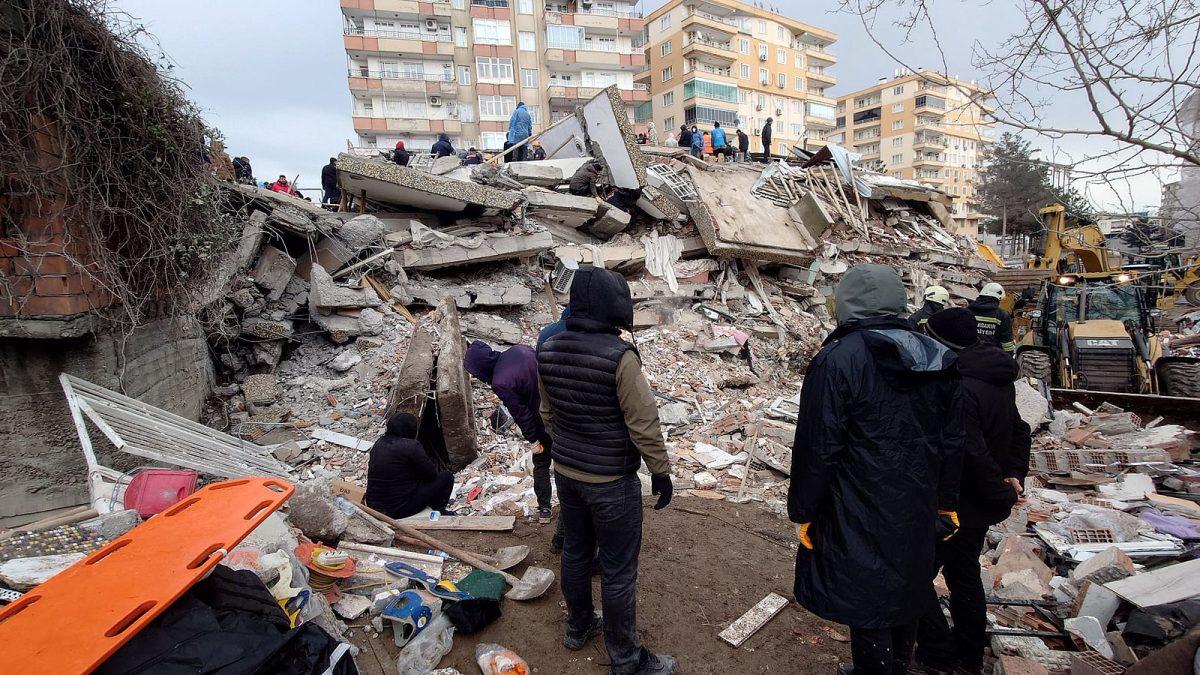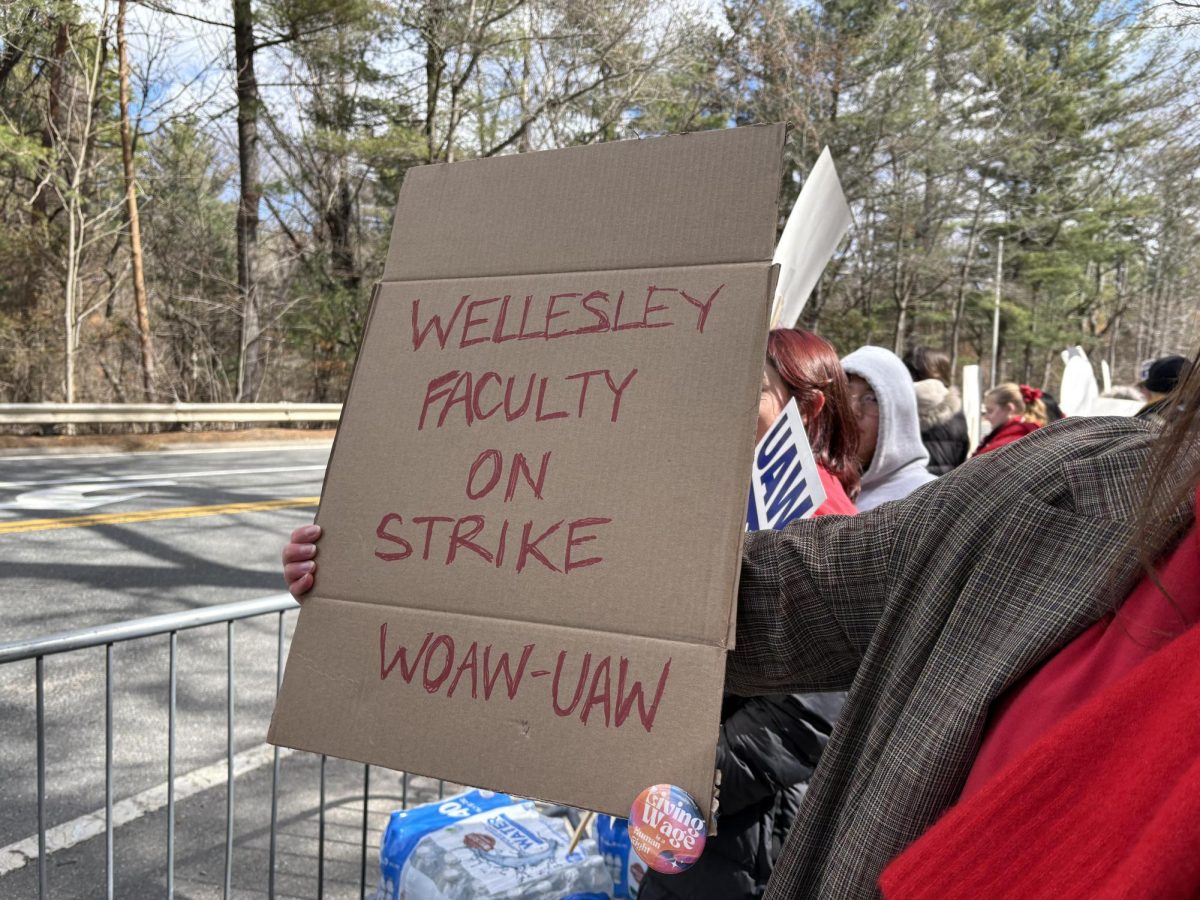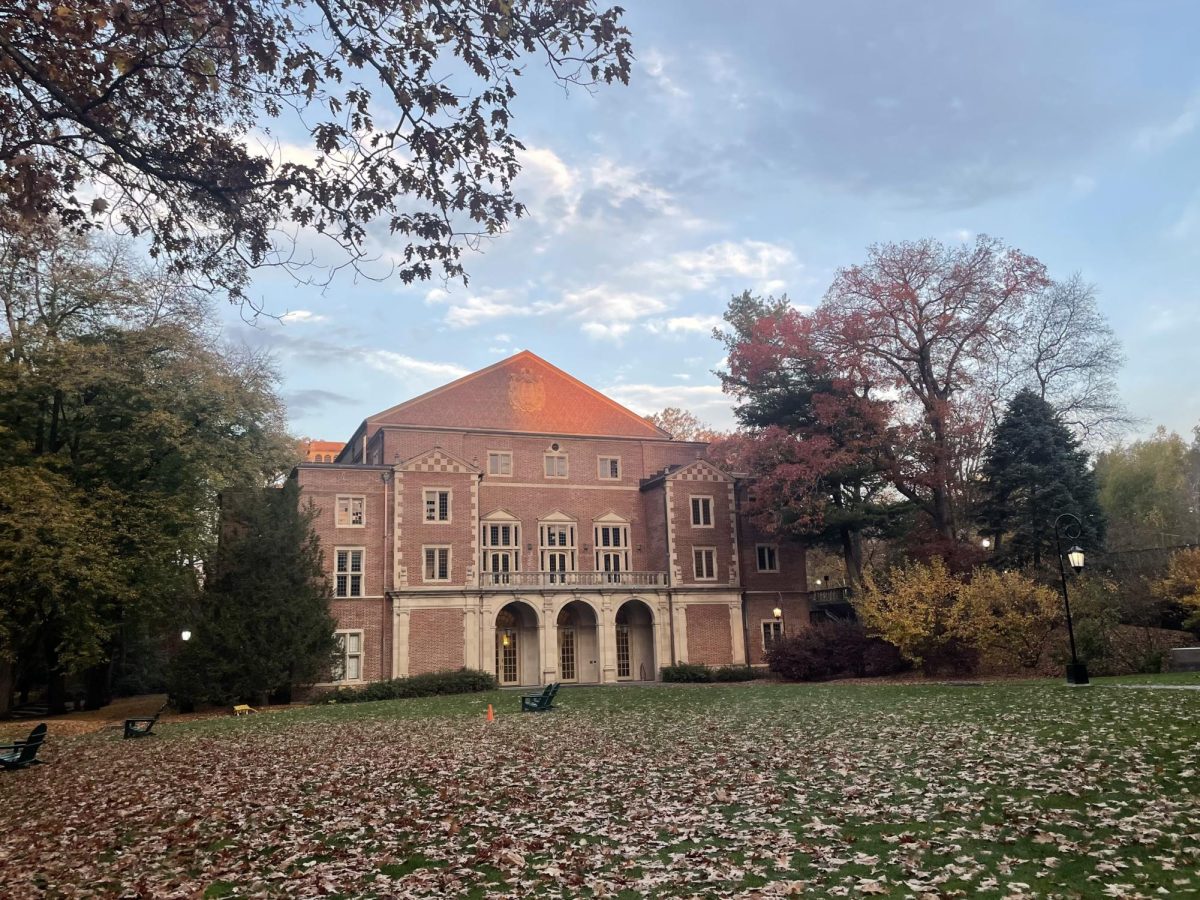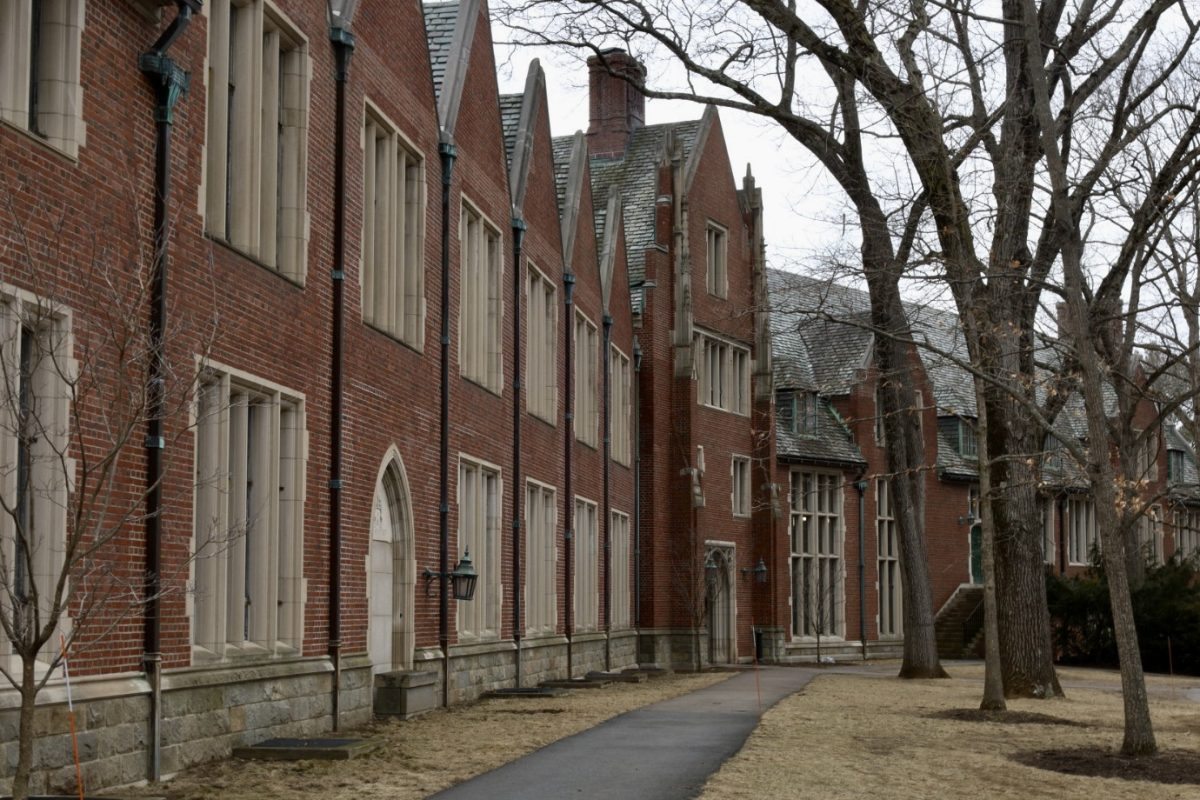On Feb. 6, a 7.8 magnitude earthquake struck parts of Türkiye and Syria. As of Feb. 16, 42,000 people were killed, and a million displaced. NPR has reported that in Kahramanmaras, improvised relief efforts have involved repurposing the main soccer stadium as a temporary shelter, the gymnasium beside it serves as a morgue, and its parking lot as a soup kitchen.
Humanitarian organizations, news outlets, and citizens who have experienced devastating losses of their homes and even family members and friends have aimed criticism at poorly regulated safety and building standards and the developers who have taken advantage of them. This is not the first time Türkiye’s infrastructure has been devastated by catastrophic earthquakes — or the first time attention has been drawn to the need for building code and enforcement reform.
A 7.4 magnitude earthquake killed 17,000 people in Türkiye in 1999, and a 7.2 magnitude quake in 2011 killed over 500 others. After those tragedies, building codes were updated but have not been strictly enforced, and both older buildings and newer structures – built without strict regulations – are at risk.
However, politics have often come before public safety, notably in Türkiye. Leading up to the 2018 presidential and parliamentary election in Türkiye, an amnesty was granted which allowed for developers to pay fines for building code violations instead of bringing the dangerous structures up to code.
The buildings most at-risk of collapse, and thus increased civilian casualties and devastating economic and infrastructural damages, are often called “killer buildings.” Many casualties of the earthquake happened in four to twelve story buildings, which are often built hastily and poorly regulated to account for increasing housing demands in the face of urbanization and citizens moving to cities in droves for job opportunities.
“Killer buildings” are called such because of their construction style or age. These include not only the buildings exempt from building codes by the 2018 amnesty, but also buildings that are grandfathered and thus not subject to effective building codes. Many structures are not built with adequate seismic detailing, making them much more susceptible to earthquake damage.
According to the European Bank for Reconstruction and Development, there could be up to $25 billion in damage. However, international support has already poured out. The United Nations has appealed for $1 billion for relief efforts in Türkiye and introduced a separate appeal for $400 million for Syrian relief.
There are still inadequate numbers of search and rescue personnel, but the Syrian and Turkish Red Crescent state that they have deployed 5,000 volunteers and staff in Türkiye and 4,000 in Syria thus far.
Humanitarian aid was already a necessity, especially for refugees fleeing conflict in Syria. In the wake of the recent earthquake, the need for aid has become more dire in Türkiye. However, there is a severe lack of aid sent to the places hardest hit by the quake in Syria. U.S. and international aid often overlooks Syria. One vastly underrepresented resource includes psychological care. The resources most in need right now are bedding, baby supplies, thermal clothing, and clean water. The mental toll of the earthquake’s fallout cannot be overstated. As people deal with possibly many of their family members being missing or lost in the quake and the rubble, the sheer number of deaths is overwhelming.
Many Muslim women in Kahramanmaras are “gassals,” those who wash bodies before burial according to Islamic tradition. As numbers of deaths increase, they can – and have to – shorten or even skip this important ritual. Seeing so many losses has weighed heavily on these women and the many others who have lost family, friends, and community members.
As the death toll continues to rise, more aid is needed. Wellesley Al-Muslimat, the Arab Students Alliance and Slater International have led these efforts in the Wellesley community, spearheaded by Wellesley ALM President Sarwa Shah ’24 and Arab Students Alliance President Gabriela Awad ’23.
Wellesley Al-Muslimat held an emergency collection drive, and students were asked to drop off items most in need to donation bins located in Pomeroy and Stone-Davis, including new and gently used winter clothing, canned food, baby formula, diapers, hygiene products, bedding and power banks.
“After only three days, we had a car full of donations that will be going directly to those affected,” Shah said.
The items were dropped off at the Islamic Center of Boston in Wayland on Feb. 12, to be sent to victims in Türkiye and Syria.
Additionally, Wellesley ALM, the Arab Students Alliance and Slater International sold baklava to fundraise from Feb. 13-15. All proceeds are being donated to the Syrian Red Crescent and the Turkish AHBAP for further earthquake relief. Awad and Shah are optimistic about its success.
“It has been a very successful and heartwarming effort. We want to express our deep gratitude for the generosity of the Wellesley community,” Awad said.
The fundraiser will remain open until the end of the month. Donations can be made on Venmo to @/Wellesley-ALM, accompanied by a note that states “donation.”




